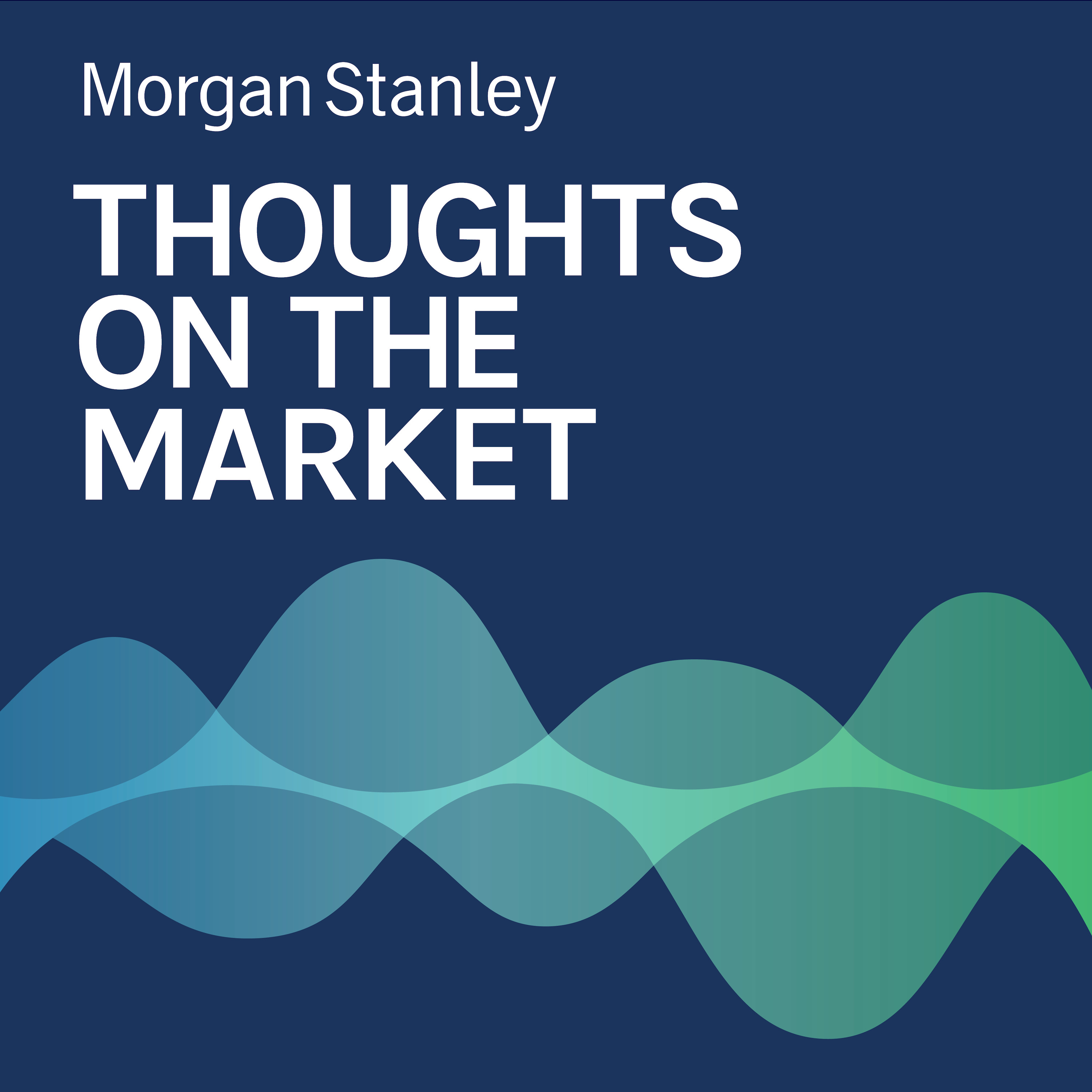Mike Wilson: Why Are Equity Risk Premiums So Low?

b"
As the Fed continues down a hawkish road for 2022, investors must consider the impact of policy tightening on economic growth and equity risk premiums.
-----Transcript-----
Welcome to Thoughts on the Market. I'm Mike Wilson, Chief Investment Officer and Chief U.S. Equity Strategist for Morgan Stanley. Along with my colleagues bringing you a variety of perspectives, I'll be talking about the latest trends in the financial marketplace. It's Monday, March 28th at 11:00 a.m. in New York. So let's get after it.
2022 has been a year of extraordinary hawkishness from the Fed, and it continues to surprise on the upside with both its formal guidance and informal communications. This has led to almost weekly revisions for more Fed rate hikes from just about everyone, including our economists who now expect 50 basis point interest rate hikes in both May and June, and then 25 basis points in every meeting thereafter. The bond market has definitely gotten the message, too, with one of the sharpest rises in short term interest rates ever witnessed. Longer term rates have also adjusted as the expected terminal rate for this cycle has risen to 2.9%. The questions for equity investors now is whether they believe the Fed will actually tighten this much and what will be the impact on the economy from a growth standpoint.
We have several takeaways from these recent moves. First, the Fed appears to be very committed to reducing inflation. Friday's University of Michigan Consumer Confidence Report for March confirmed that high prices are still the key reason this metric has plummeted to levels usually reserved for recessions.
Second, 10 year yields are now at a level that takes the equity risk premium to its lowest level since the Great Financial Crisis. As a reminder, equity risk premium is the return and investor receives above and beyond the yield on a Treasury bond. The higher the risk, the greater the equity risk premium. In our view, it makes little sense for the equity risk premium to be so low right now, given the heightened risks to earnings growth from a rise in cost pressures, payback in demand, and a war that has structurally increased the price of food and energy. While stocks are a good hedge from higher inflation, keep in mind that inflation from food and energy is bad for most companies as it acts as a tax on consumers. Only energy and materials companies really benefit from this kind of inflation but they make up a very small slice of the index. Some may argue technology companies are less affected, but we're skeptical as they will feel it too in lower revenues if the consumer spending fades.
Third, the risk from further exogenous shocks to growth are also elevated given the war in Ukraine, China's real estate stress, and ongoing battle with COVID, to name a few. This is one reason why market volatility remains so high. Importantly for investors, our work suggests the equity risk premium is also understated relative to this high market volatility. In short, equity investors are not being properly compensated for taking equity like risk at current prices.
Finally, these high valuations are not isolated to just a few sectors. The lower equity risk premium is present across all sectors except energy and materials, and these are the two biggest beneficiaries of high commodity inflation. In some ways, the low equity risk premium for these sectors is simply saying the market does not believe the recent boost to earnings and cash flow is sustainable, due to either demand destruction or the eventual supply response.
The bottom line is that we remain bearish on the S&P 500 index from a risk reward standpoint, particularly after the recent rally. Our year end base case target of 4400 is 4% below current levels. At the stock level, we continue to recommend investors look for stable cash flow generating companies in defensive sectors like utilities, health care, REITs and consumer staples.
Thanks for listening! If you enjoy Thoughts on the Market, please take a moment to rate and review us on the Apple Podcasts app. It helps more people to find the show.
"